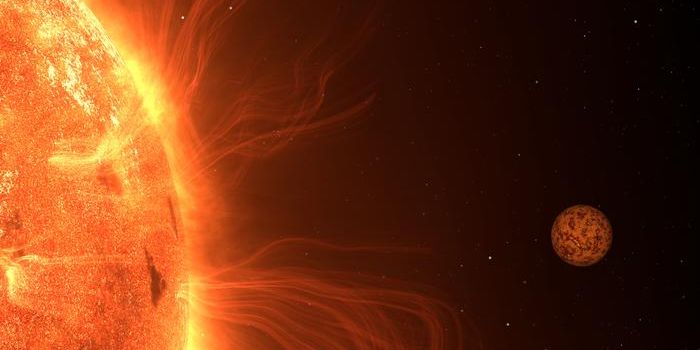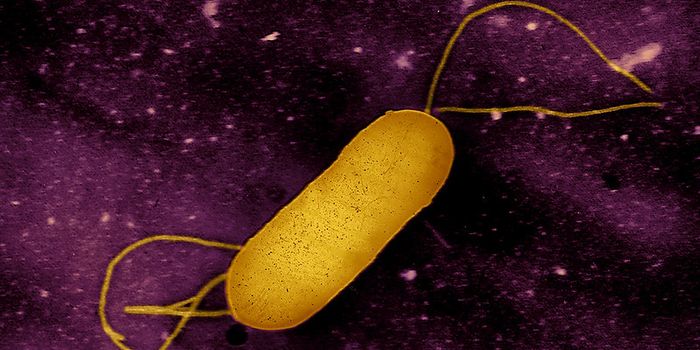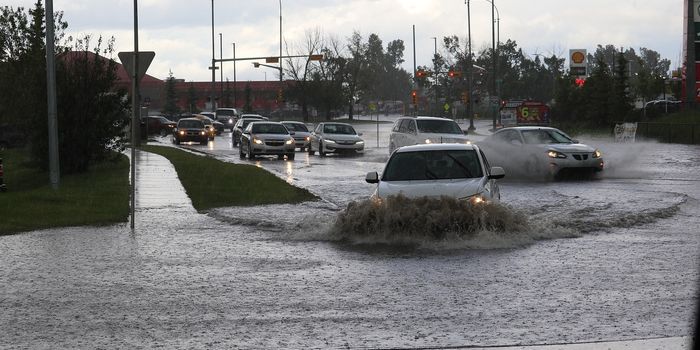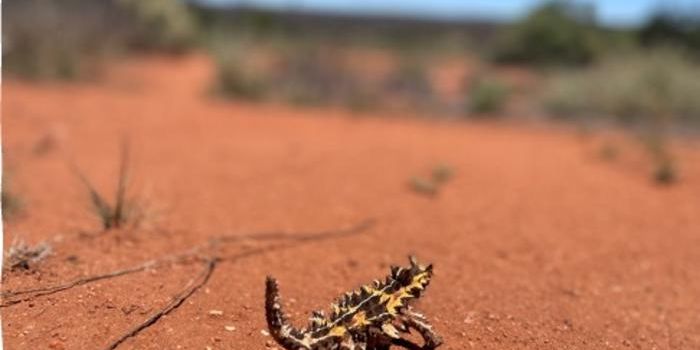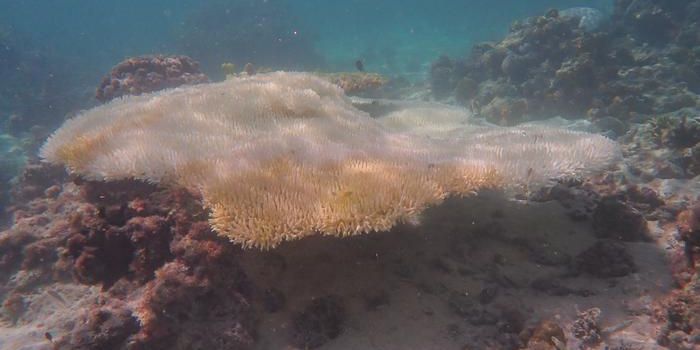Navigating Climate Change: Insights from Mexican Gulf Fisheries' Organizational Strategies
How are local fishermen adapting to the ongoing and increasing effects of climate change? This is what a recent study published in Global Environmental Change hopes to address as a team of researchers from the United States and Mexico investigated how small-scale fisheries in Mexico’s Gulf of California are adapting their practices to the effects of climate change, specifically pertaining to the increased water temperatures. This study holds the potential to help scientists, legislators, and those responsible for feeding the world, such as fishermen and farmers, better understand the long-term impacts of climate change on the world’s food production.
For the study, the researchers collaborated with the Mexican government, the latter of which provided fisheries data between 2006 and 2016, and used localized satellite oceanographic data to ascertain the methods that local fisheries that operate within the Gulf of California were undertaking to adapt to climate change. For the satellite data, the researchers found that the water temperatures were abnormally cold between 2006 and 2011, followed by a period of abnormal warmness between 2012 and 2016.
Fishing boats preparing to cast off for a day of fishing into Mexico’s Gulf of California. (Credit: Akiko Ikeguchi)
For the fisheries, the researchers found that self-governance played a vital role guiding the fishing enterprises in terms of their fishing tactics. For example, larger organizations were discovered to focus on fishing for specific species and demonstrated adaptability to small climate changes, whereas smaller fisheries showed the opposite in both cases.
“When we study climate change adaptation, we haven't paid nearly enough attention to how those fishers, these farmers, these water irrigators are organized,” said Dr. Xavier Basurto, who is a Truman and Nellie Semans/Alex Brown & Sons Professor in the Nicholas School of the Environment at Duke University and a co-author on the study. “We see that, depending on how they're organized, they are better able to adapt to climate change, but it comes with tradeoffs.”
This study comes as the Ecology Project International predicts that the Gulf of California will experience increased temperatures and acidity because of climate change, which could have drastic affects on sea life, specifically plankton.
What new connections will researchers make between climate change and local fisheries in the coming years and decades? Only time will tell, and this is why we science!
As always, keep doing science & keep looking up!
Sources: Global Environmental Change, EurekAlert!, Ecology Project International


